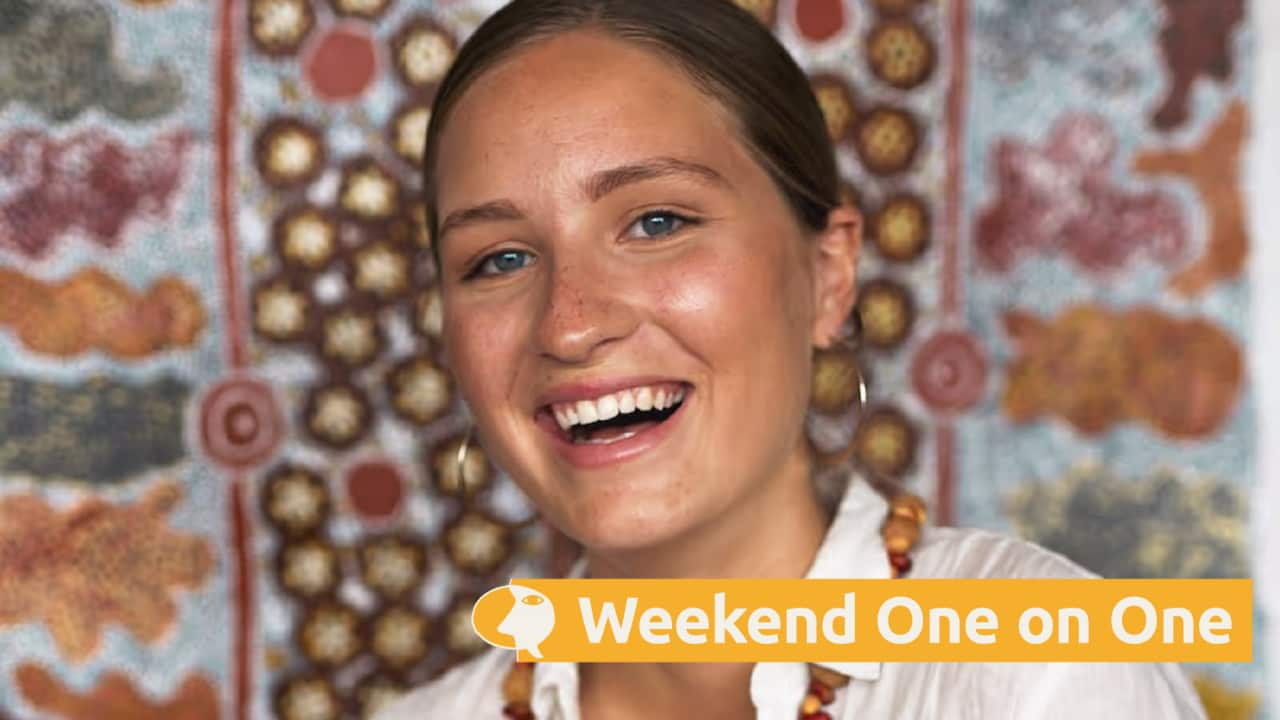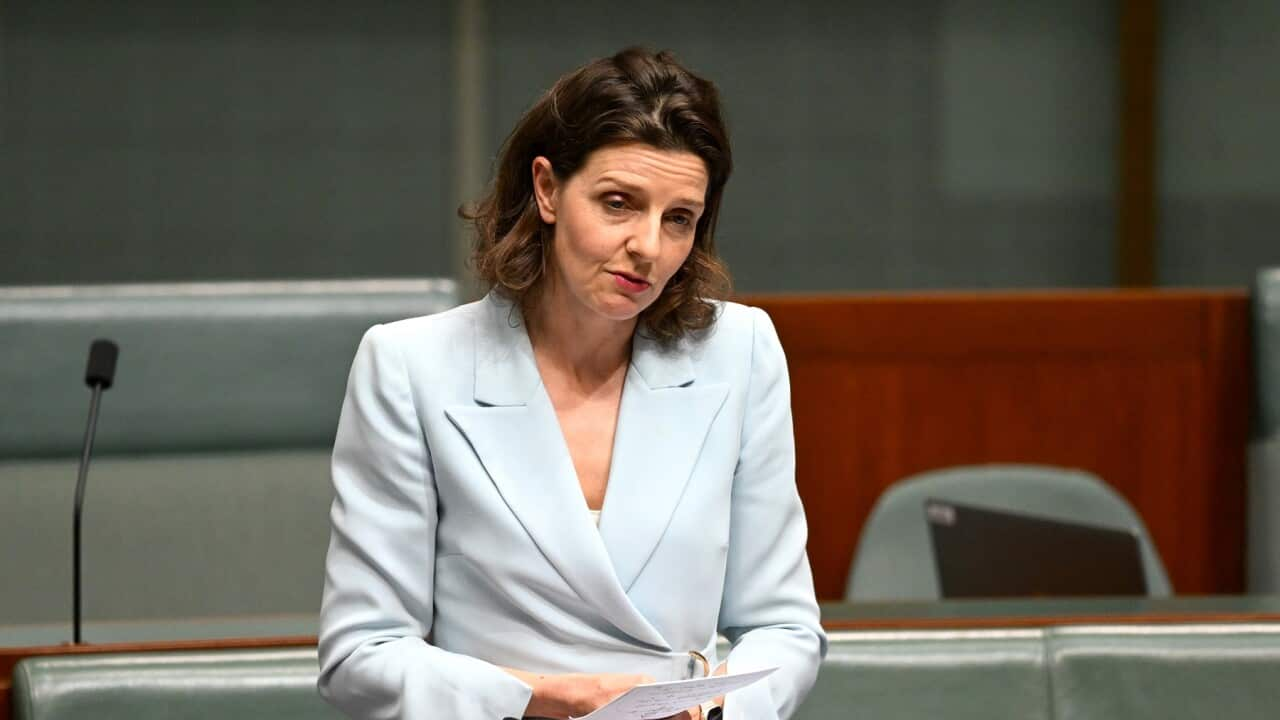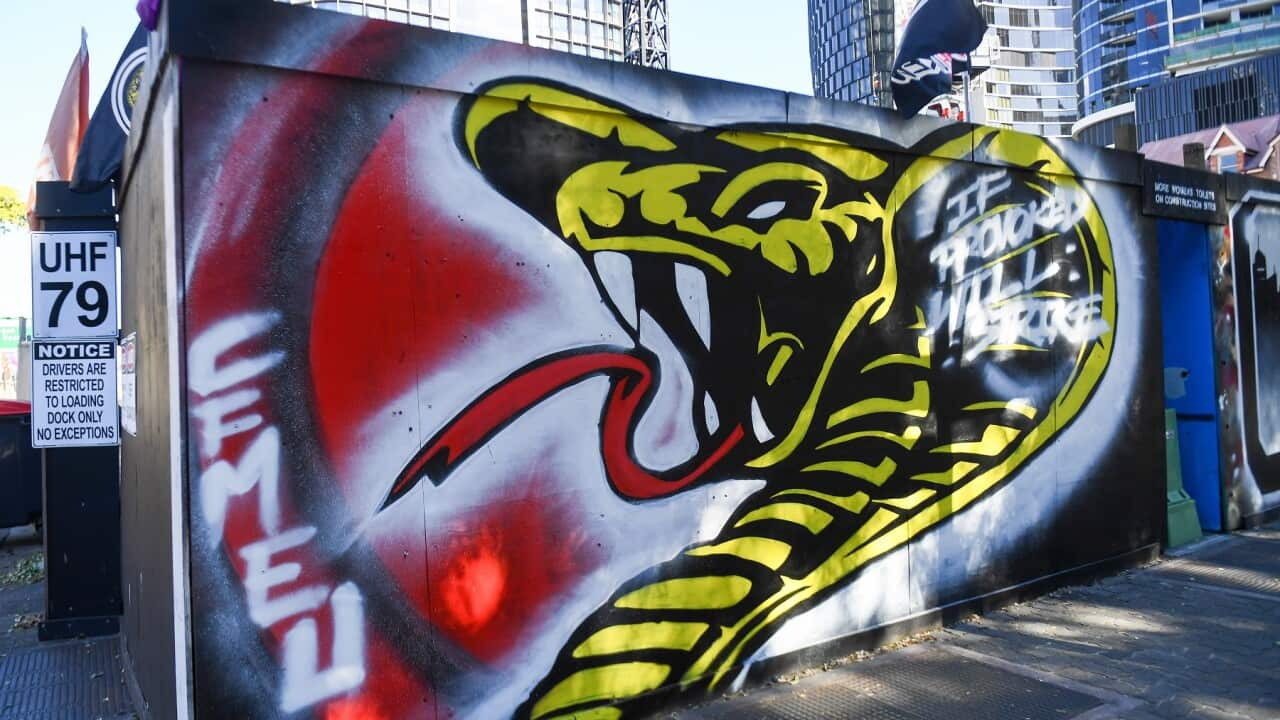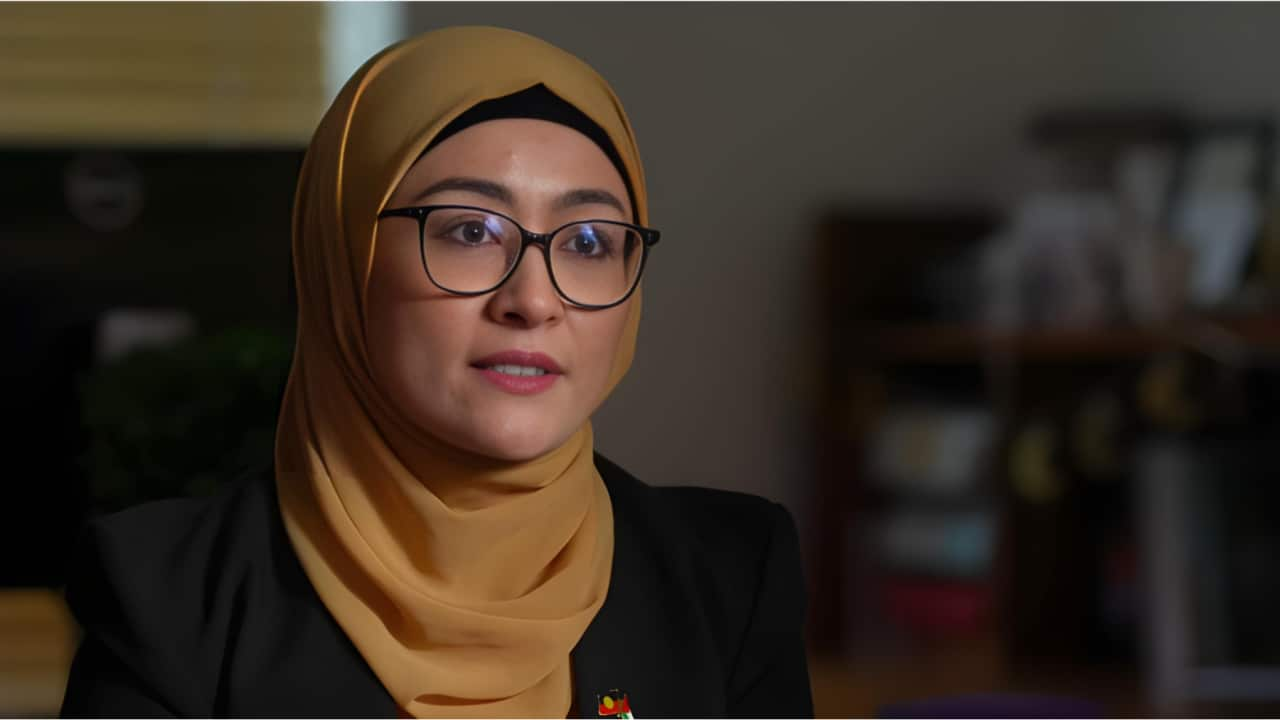TRANSCRIPT
Phillip Lowe has experienced his last parliamentary grilling as the Reserve Bank's governor.
"My first appearance before this committee was nearly 20 years and this is my 16th, and as you said, my final appearance as the governor."
Joined by his deputy governor and successor Michele Bullock, and other senior officials, he reflected on the bank's efforts to combat inflation, saying that while 'the worst is over' - another rate rise couldn't be ruled out.
"The RBA's main focus over the past year or so has been to get on top of the highest inflation in more than 30 years. We have made progress here and things are moving in the right direction, but it is too early to declare victory."
A recovery in the property market - he said - was driven partly by the community view that the central bank was almost done with rate hikes.
"Inflation in Australia peaked late last year at 7.8 per cent. Since then it's declined to six per cent and we expect further declines over the quarters ahead. Our central forecast is for CPI inflation to be around three-point-two-five per cent by the end of next year, and to be back within the two to three per cent target range by late 2025."
Marion Kohler is the Reserve Bank's Acting Assistant Governor.
KOHLER: "And you can see where other countries are, their economy and their interest rates are actually significantly higher."
LOWE "Okay."
But while unemployment remains at around three-point-five per cent, the lowest for almost half a century, economic growth is expected to slow.
Governor Phillip Lowe says that trend is expected to continue for some time.
“Many households are facing a painful squeeze on their budgets and consumer demand has slowed considerably, not least because high inflation is eroding people’s real incomes. The increase in interest rates is also weighing on disposable incomes for many households, although others are benefiting from higher interest income earn on their savings."
Mr Lowe sought to defend the bank's view of what he called a 'modest' rise in unemployment - to 4.5 per cent by mid-2025 - as rate hikes crimp growth.
Dr Lowe was widely criticised for indicating - mid-pandemic - that rates wouldn't rise until 2024.
And when asked what his biggest regret over his seven-year tenure was - he said it was his failure to better understand the 'implications' of the pandemic when setting monetary policy in the early stages of the crisis.













